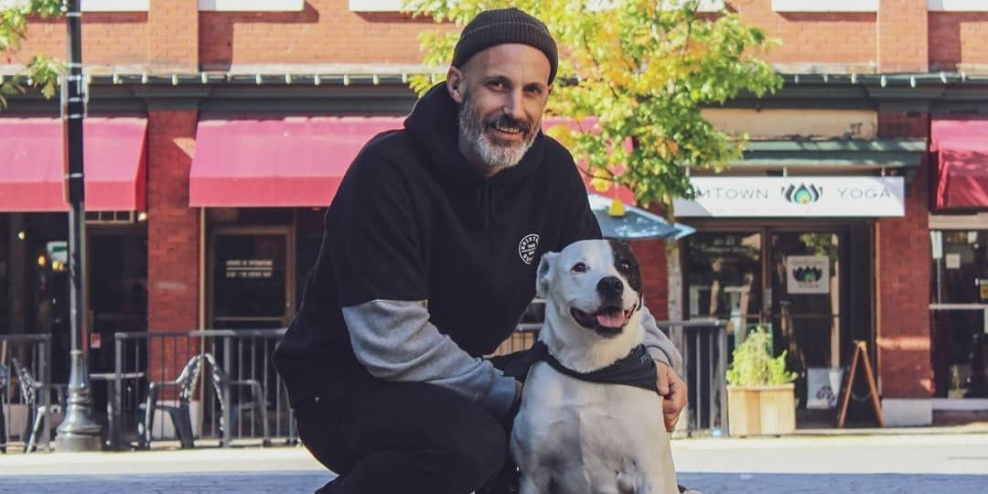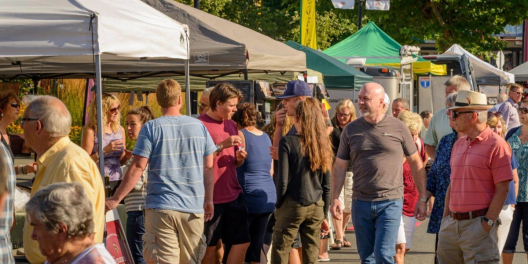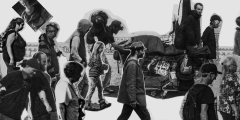Fred Jeffery is intimately familiar with issues surrounding downtown homelessness and addiction.
His popular record and fashion store Lucid, located on Commercial Street in Nanaimo’s historic centre, has been an anchor of the local business community for the past 20 years.
Jeffery, chair of Downtown Nanaimo Business Association, has a vision of community that’s starkly different than the one put forward by Campbell River when it passed a bylaw making people caught using drugs in public subject to a $200 fine.
This bylaw is practically unenforceable, not to mention unethical (predictably this bylaw is now being challenged in court.)
But that’s not the point. Campbell River city council is taking a punitive approach to a serious social problem.
While other jurisdictions decriminalize drug possession, following the experience and advice of experts in the field of addiction, Campbell River steps backwards. $200 fines won’t fix or even stop the problem.
Treatment, counseling, and housing supports will.
These are largely provincial government responsibilities. Cities are ill equipped and under resourced to deal the toxic drug crisis, let alone housing affordability.
And it’s easy to see how downtown business owners could get frustrated by something that is in their face but they feel powerless to deal with. It’s likely what prompted Campbell River’s anti public drug-using bylaw.
But it’s the wrong approach to the problem and won’t make it go away.
Cities and businesses need to treat their marginalized citizens with humanity.
That’s exactly what Jeffery and some of his neighboring business are doing. Two years ago, the City of Nanaimo started a community safety officer program. The program has officers patrolling downtown in teams of two and acting as liaisons between business owners and the public, and people on the streets struggling with mental health, addiction and poverty.
As a business owner, Jeffery has empathy for the unhoused people who frequently use the crude comfort of his covered entrance as a place to sleep for the night. Even if he has to clean up after them occasionally.
He knows it scares some shoppers away.
“There are certain people that say they will never go downtown and you can’t change their attitude,” he says.
Up until recently, Gabriel’s Café down the street from Lucid, had offered a soup token program (customers could buy a token for $4.50 and hand it out to those in need.)
However, recently the owners suspended the program following several incidents that made them fear for staff safety. Instead, they will make donations to the Wisteria Community Association, which distributes food and hot drinks to unhoused people.
Jeffery applauds the efforts of Gabriel’s Café owners Gabe and Gemma Martin. He also praises the city for its community safety officer program, which he says is making a huge difference.
It’s not perfect – far from it. But Nanaimo’s collaborative approach between businesses and the city to do what it can to alleviate the suffering on the streets is a model to follow until other levels of government step up with programs and funding.
Tasking bylaw officers to hand out fines to people who likely have no means to pay them sure isn’t.
Jeffery and Nanaimo mayor Leonard Krogg know long terms solutions need to be found, but in the meantime this is what the city and its businesses can do.
“As a mayor, I emphasize my call again to wake up provincial government, wake up federal government. What we have right now is not working. It is not improving and indeed, it is arguably worse,” Krogg said in a recent Times Colonist story.









